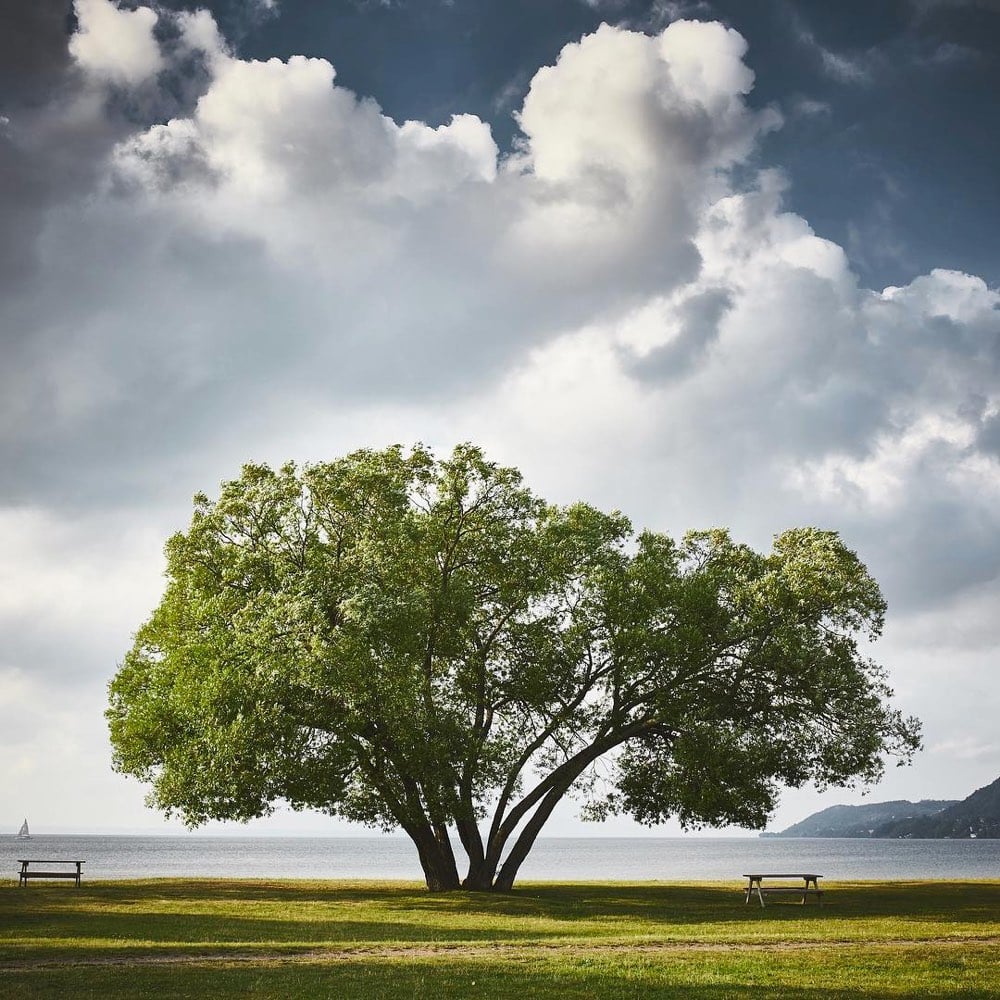What makes a tree a tree? Scientists still aren’t sure…

In Knowable Magazine, Rachel Ehrenberg writes about the tricky business of understanding what a tree is. Trees are tall, woody, long-lived and have tree-like genes, right? Not always…
If one is pressed to describe what makes a tree a tree, long life is right up there with wood and height. While many plants have a predictably limited life span (what scientists call “programmed senescence”), trees don’t, and many persist for centuries. In fact, that trait — indefinite growth — could be science’s tidiest demarcation of treeness, even more than woodiness. Yet it’s only helpful to a point. We think we know what trees are, but they slip through the fingers when we try to define them.
Ehrenberg then suggests that we should think about tree-ness as a verb rather than a noun.
Maybe it’s time to start thinking of tree as a verb, rather than a noun - tree-ing, or tree-ifying. It’s a strategy, a way of being, like swimming or flying, even though to our eyes it’s happening in very slow motion.
This reminds me of one of Austin Kleon’s strategies for How to Keep Going: “forget the noun, do the verb”. Hey, it seems to be working for the trees. (via @robgmacfarlane)





Stay Connected